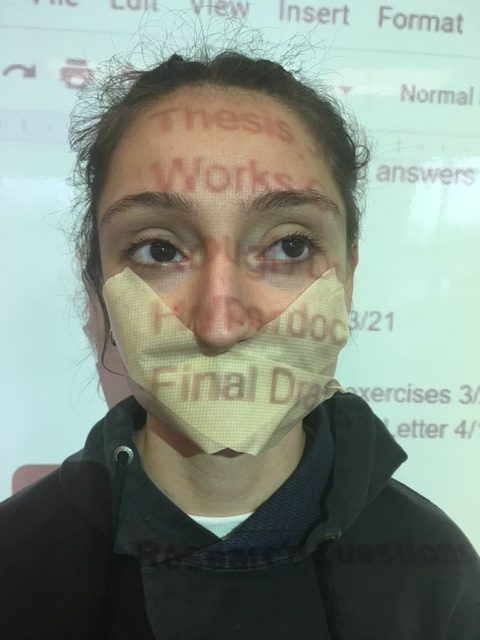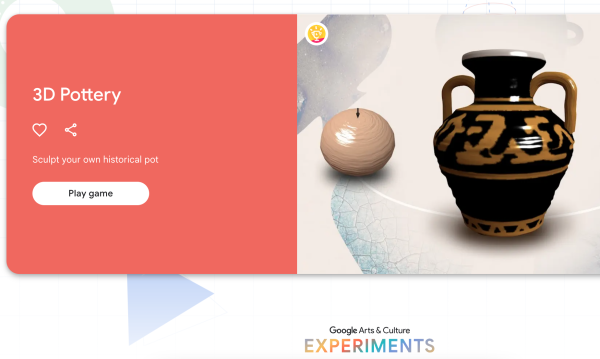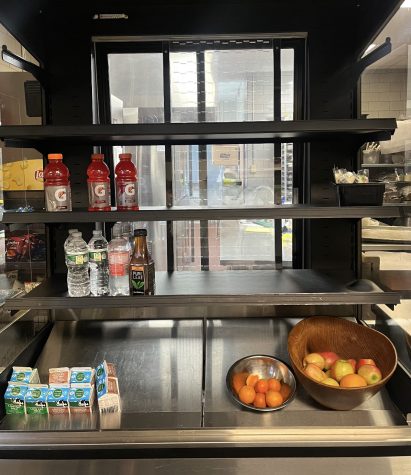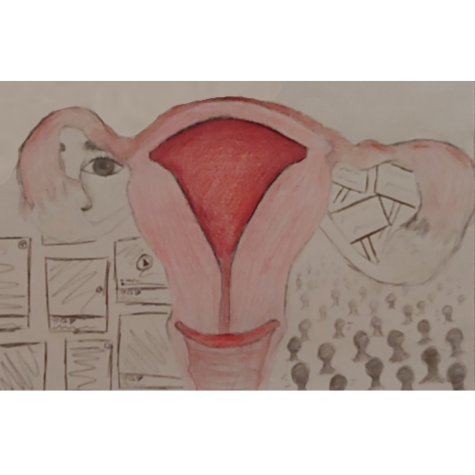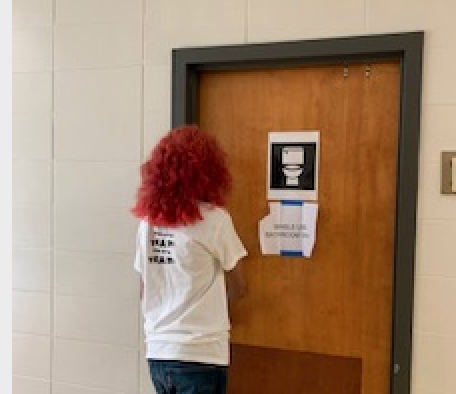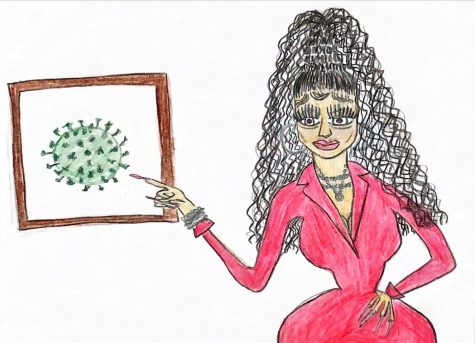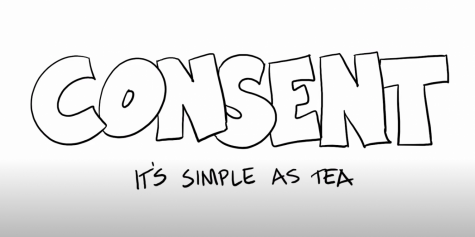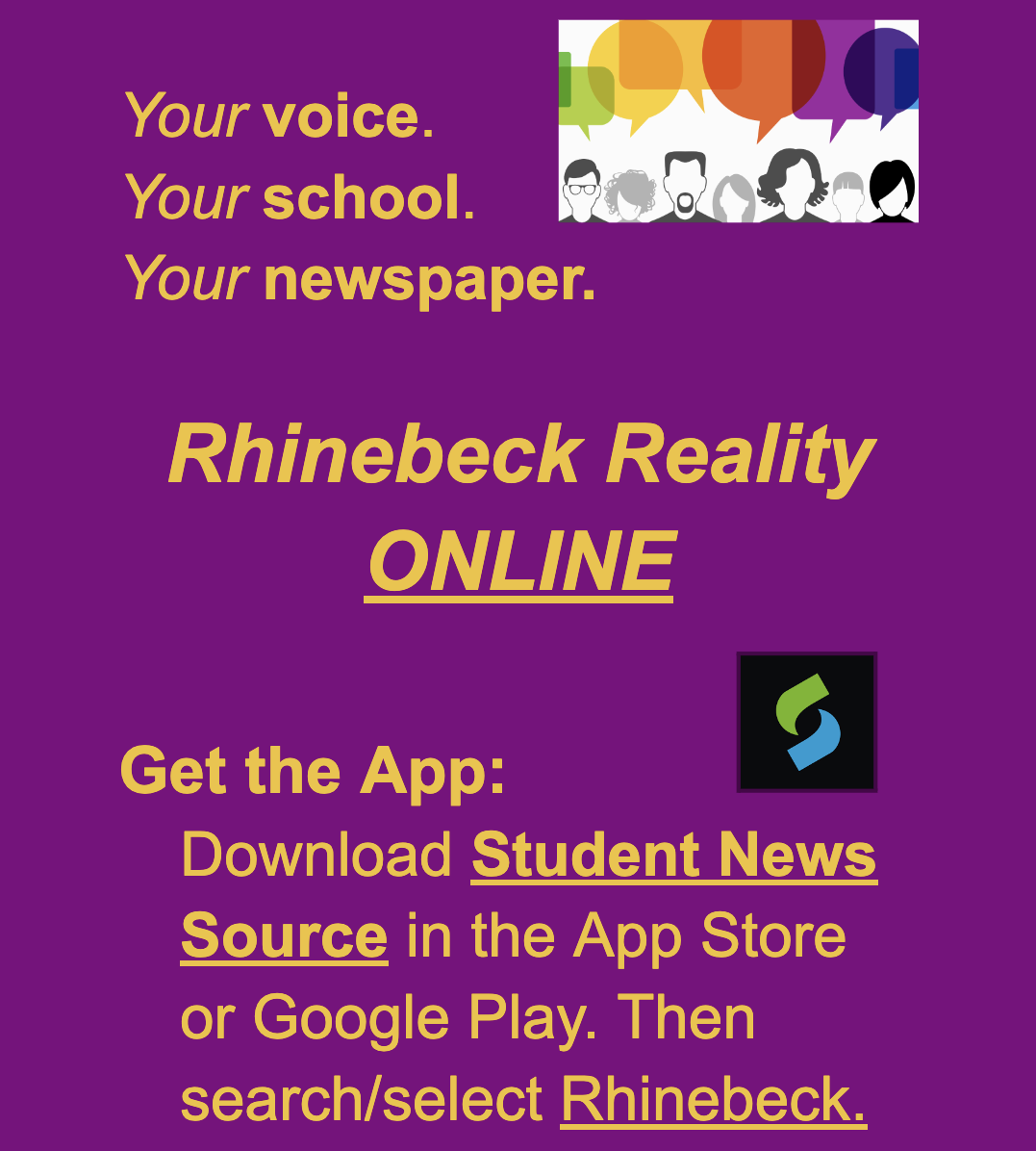Censorship in Rhinebeck Reality
If you’re reading this, we’ve won.
According to Ms. Wheeler, “Sometimes students self-censor, meaning they tell themselves, ‘Nah, I could never write about that. It’s too touchy.’ And that’s arguably the most dangerous kind of censorship there is.”
As a reader of Rhinebeck Reality you should be able to count on us to do what all newspapers do: address important or controversial issues and bring to light important truths. Especially in a school, the newspaper should function as a bridge between administration and the average person.
So has Rhinebeck Reality been able to perform its duties and adequately serve the school community? The answer is more complicated than you might think.
Rhinebeck Reality is governed by the Board of Education policy on student publications which was last updated in 2002. The policy essentially says our student newspaper can’t publish anything obscene, libelous, or anything that targets individuals or groups: all reasonable limitations. But, due to its age, the policy is becoming increasingly out of date. It has no mention of online media or personal ads, somethings that are becoming increasing important in this day and age to engage readers. Dr. Davenport’s “conservative” interpretation of the BOE policy means he’s not inclined to allow anything not explicitly outlined in the code of conduct.
Every article must be approved not only by our Faculty Advisor, but also Dr. Davenport. This precaution is an effort to make sure each piece upholds the BOE requirements. But Dr. Davenport himself has admitted to occasionally overstepping his boundaries by questioning articles, not because of a BOE violation, but because of his personal expectations.
Dr. Davenport believes that the newspaper serves as a representation of our school to our community.
He said while an article may not be “a violation of board policy, it could raise other concerns.” This attitude has resulted in numerous instances of Dr. Davenport recommending changes that are effectively “editorial decisions,” even though he defined his own role as “focusing on board policy” and said content calls should be left up to the Rhineneck Reality advisor, Ms. Wheeler.
Projecting a good image is very important, but is it important enough enough to dictate what articles can be written even if they are valuable and entertaining to the student body (the main readership of Rhinebeck Reality)?
His concerns about representing the school well to the community are reasonable. But as a writer, it can often be difficult to represent our school well while at the same time writing something students are interested in reading: the two often do not intersect. Projecting a good image is very important, but is it important enough enough to dictate what articles can be written even if they are valuable and entertaining to the student body (the main readership of Rhinebeck Reality)?
Reagan Schweppe, the editor-in-chief of Rhinebeck Reality, has had some experience with editorial comments from Dr. Davenport. In an article about @exposingrbk, Reagan remembers our principal requesting that she add another quote before publishing it. This isn’t necessarily censorship, but it is a purely journalistic decision that in no way effects board of education policy.
In the future Dr. Davenport plans to hand full control of vetting articles to Ms. Wheeler, the newspaper advisor and course instructor of Journalism (known in future as Media Communications). This will be a major step in allowing more flexibility for student journalists.
Beyond our school, a new bill is being proposed in the New York legislature called the, “Student Journalist Free Speech Act.” For more information click the link here.
Ultimately a balance must be struck in Rhinebeck Reality, one that satisfies the BOE policy and is also able to bring to light growing issues in our school. Once reached, this equilibrium should represent us well to our community but also appeals to our student readership.


